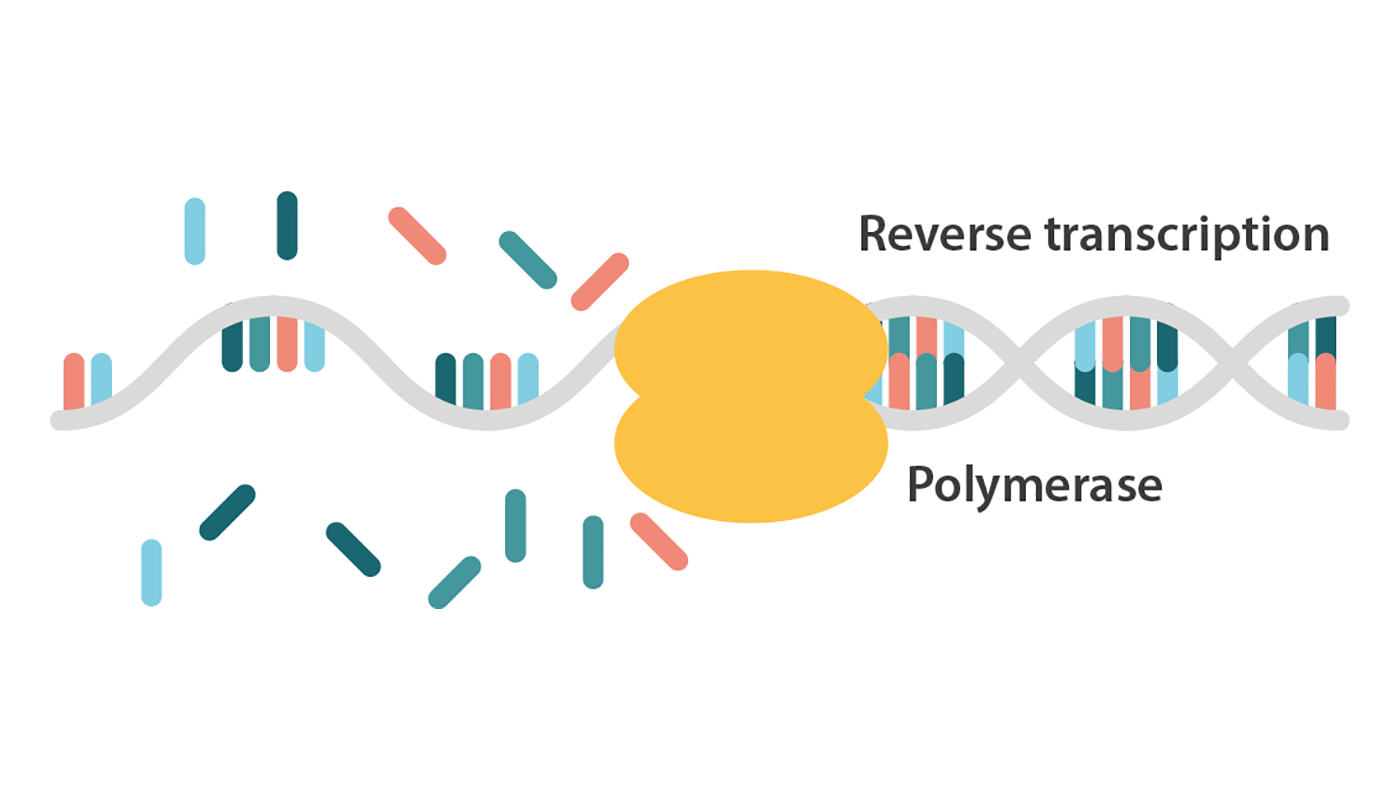
RT-PCR tests for COVID-19 are done for confirming if a person has the infection or not. They cannot be used to check the presence of the Omicron variant as it is only possible with a genome sequencing study.
The new COVID-19 variant is currently a big threat across the world. On Sunday, the World Health Organisation (WHO) stated that the global risk from the omicron variant is “very high”. The assessment is based on preliminary data which shows that it can have high transmissibility. Additionally, the variant could be better at evading both natural and infection or vaccine-generated immune responses. Hence, timely detection is vital for containing its spread.
Can you detect the omicron variant by RT-PCR?

RT-PCR tests are not made for determining which variant is causing the infection. Generally, this can be only found out by sequencing the genome. Since it is a slow process, about 2 to 5 percent of positive samples are sequenced. The WHO stated that the variant can be detected in some RT-PCR tests, unlike other variants that have previously been seen. usually, genomic sequencing is the only way to check for variants. However, according to researchers, most RT-PCR tests used in India may not be able to do this.
What does an RT-PCR do? The test detects the presence of specific identifiers in the genetic material of the virus present. Two or more such identifiers are used to increase the possibility of finding a match as, when one of them has undergone mutation, the other identifier can still show a positive test. Most of the RT-PCR tests look for identifiers in the spike protein. So, if there are mutations in this region, like the Omicron variant, then there is a possibility of a negative result. However, an RT-PCR test looks for more than one identifier so when a test result returns with a missing identifier, it could indicate the presence of the omicron variant.
The problems
The main issue with using this approach is that omicron is not the only variant with mutations on the spike protein. Other variants such as the Alpha variant also have spike protein mutations and this can confuse. Nevertheless, the result can be a part of the screening process for the new variant. After all, the prevalence of the Alpha variant in India has drastically reduced.
According to the WHO, the RT-PCR kit developed by Thermo Fisher Scientific can detect the presence of the Omicron variant. While some kits used in India can do this, the numbers are low. According to Vinod Sacria, a researcher at IGIB, the ability of the RT-PCR kit depends on the primers used. Primers are chemicals that pick up the presence of the identifiers in the virus. “Unfortunately, the primer details for a majority of kits used in India are not publicly available. So, one cannot say whether a particular kit being used will be able to detect this variant or not,” stated Scaria. But, the knowledge can help in speeding detection and controlling the further spread.
